The story of Fenceline Cider can partially be found in its name. The Colorado cider company launched last February by Neal Wight and Sam Perry. The duo previously worked together grafting apples with their apple geneticist friend, Kanin Routson, on a project to map the apple genetics of old homestead farms in Southwestern Colorado.
It was on these drives through the county and knocking on farm doors to pick apples that they discovered a pattern of where the apples were growing.
“There are all these trees that grow on fence lines,” Perry says. “The birds go out into the old orchards and eat the apples and land on the fence wire and drop the seeds. Then the fence acts like a nursery and protect the seedling tree while it’s young.”
The apples for the Fenceline ciders are from along the fence lines of these homesteads. Perry says these apples are by far the most interesting he’s found and have a long history in the region dating back to the early half of the 20th century.
This initial exposure to apples was what got Perry interested in cider. Routson and Perry had considered going into business together after a successful sampling of cider but it was not to be. Routson went off to start his own cider company in Arizona — Stoic Cider — and Perry started Fenceline with Wight, who is from a fifth-generation farming family in Napa Valley and provided great knowledge of fruit production and harvesting.
Fenceline recently opened up a taproom to much success, especially since just the flagship Seedling and wild-fermented Thunderbolt are the only bottled offerings and production remains small.
“In my orchard we have over 100 different varieties of French, English and American cider apples but the problem is that we don’t have many in any kind of quantity,” Perry explains. “We’ve got three [trees] of one kind and five of another and so we’ll make a barrel of cider and it’s not worth going through all the trouble of getting a label approval and doing a printing run so we’ll just run it on tap at the cidery.”
In the future, Perry hopes Fenceline will be able to bottle more of its products but for now the taproom has 12 rotating drafts cycling through house ciders.
“We’re planting a lot more trees, we’ve identified a couple of wild seedlings that have really good flavor profiles that have some flavor profiles for some unique ciders,” Perry says. “It’s still four or five years out but we’ll have a unique apple variety to our region that kind of showcases what Southwestern colorado ciders can do.”
Perry believes that one of the reasons the apples here are so special is because of the landscape which protects the apple blossoms in the spring.
“The geography allows the cold air to sink into the canyons and so you’ll notice that a lot of the apple orchards, or at least the ones that do really well, consistently are all on these ridges with sloped fields,” he explains. “It basically acts like a wind machine in the spring where the cold air sinks and actually creates turbulence and movement and prevents the blossoms from freezing out.”
The growing season for the team is short — Perry says there are roughly 90 frost-free days each year but that it’s another element that makes the apples so distinct.
“We’re not going to set any records for the biggest apple by any stretch of the imagination because of the short growing season but they tend to pack a lot of flavor in the apples that do grow,” he adds.
Perry looks forward to what the future holds and expanding the cider company with plans to get into wine too. But for now, the goal remains the same of making traditional ciders for a bigger market and putting Southwestern Colorado back on the map for its farmstead apples.

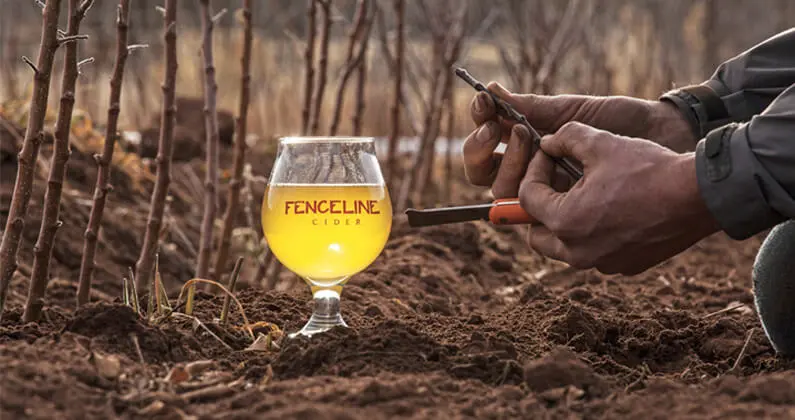
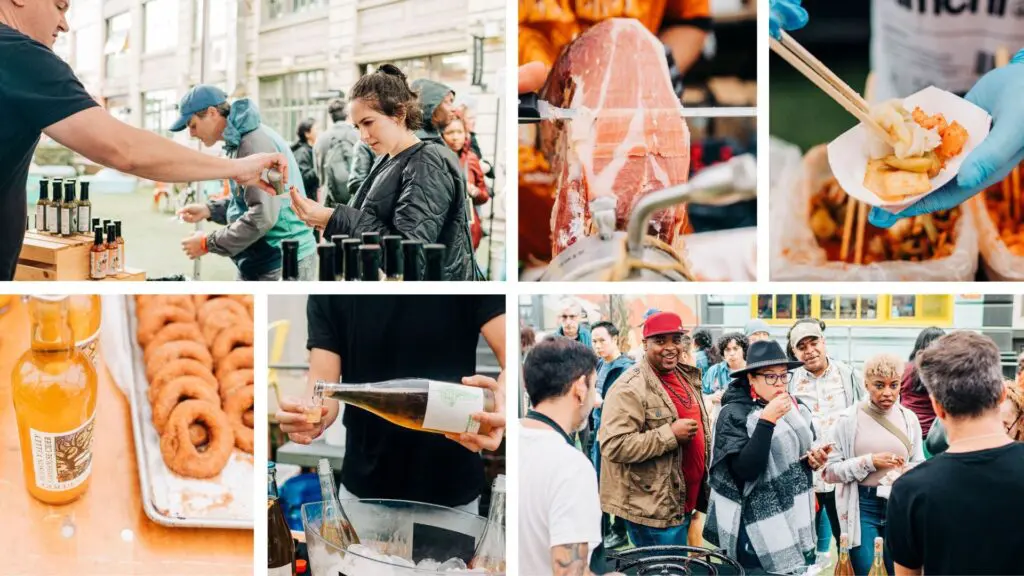
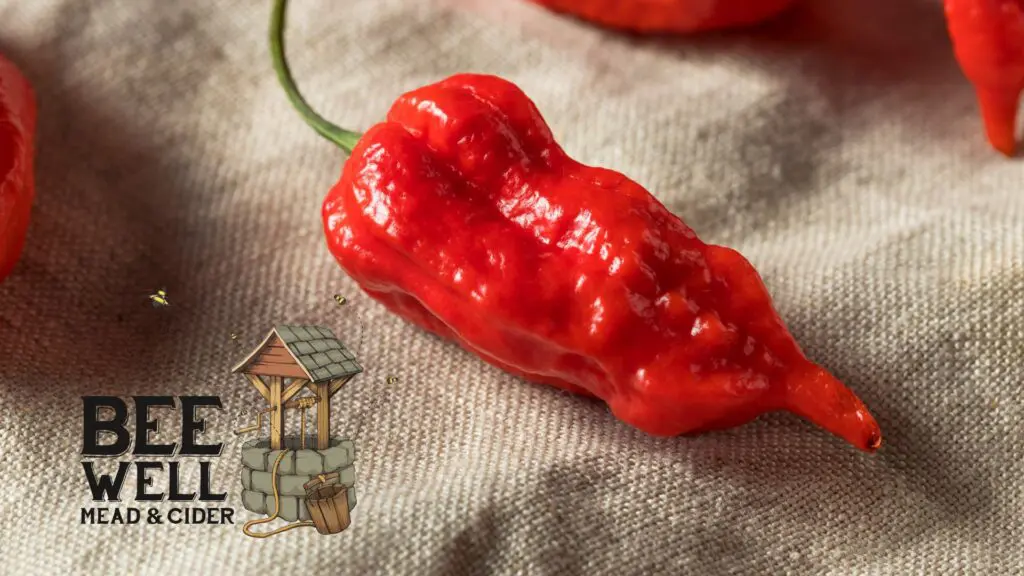
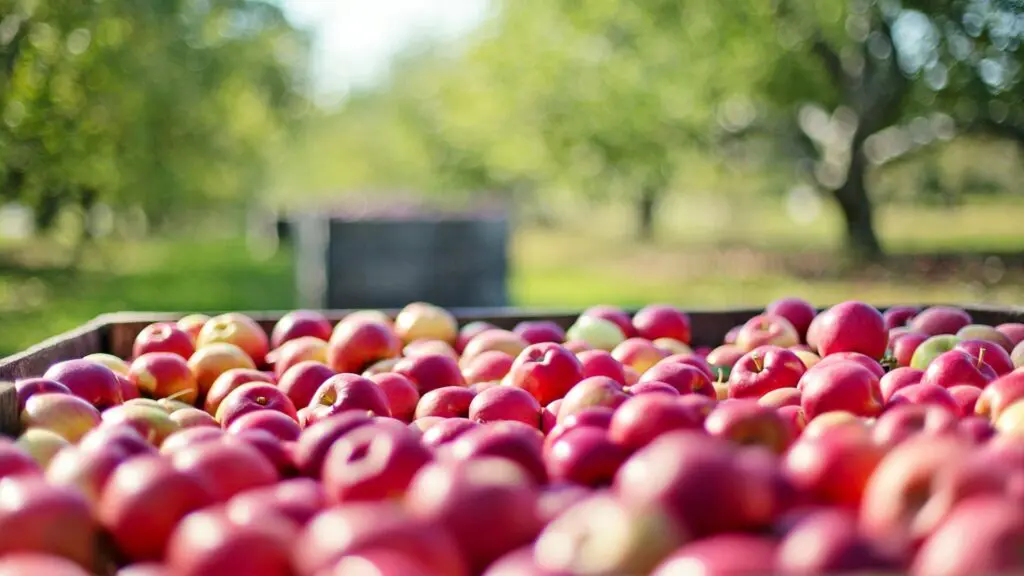


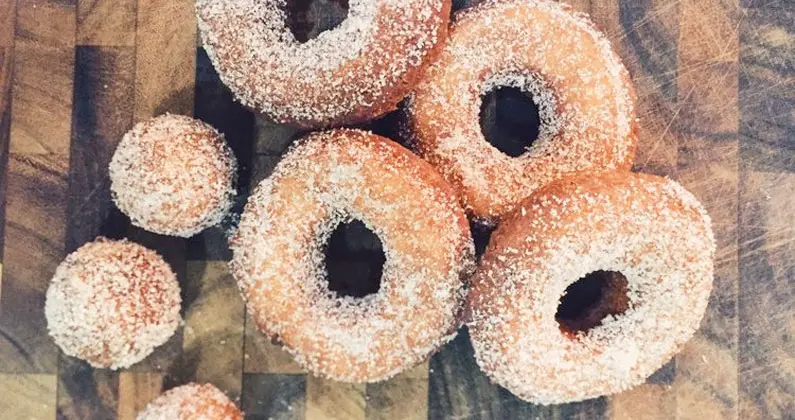
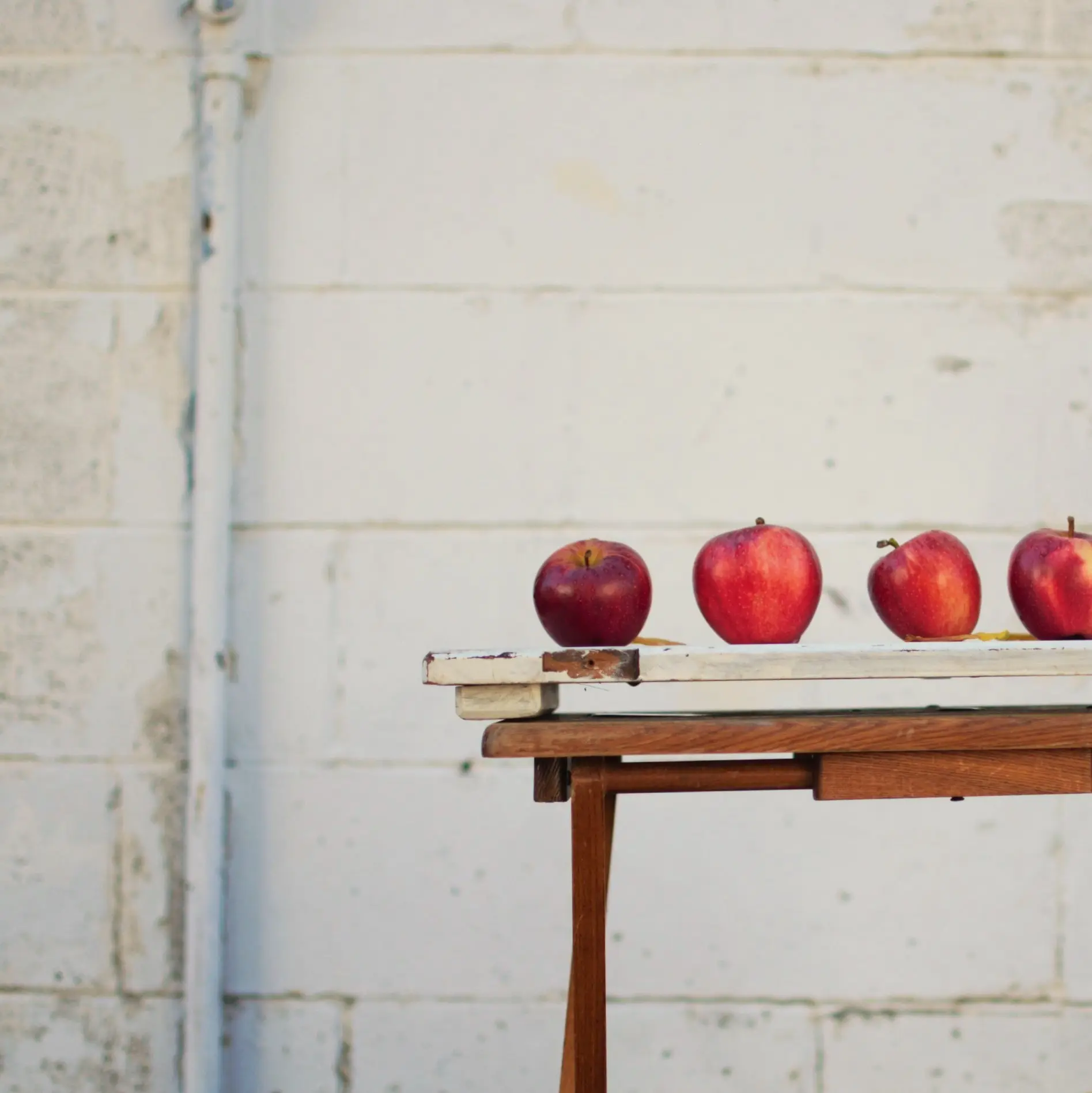



 Looking for the perfect w
Looking for the perfect w
 BREAKING NEWS
BREAKING NEWS 






